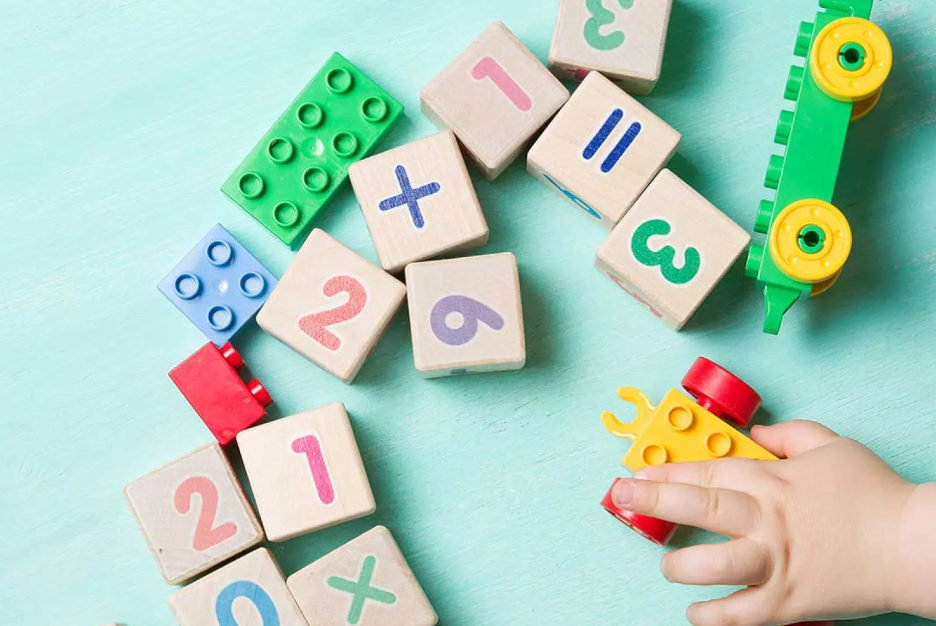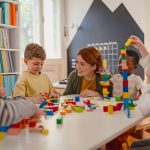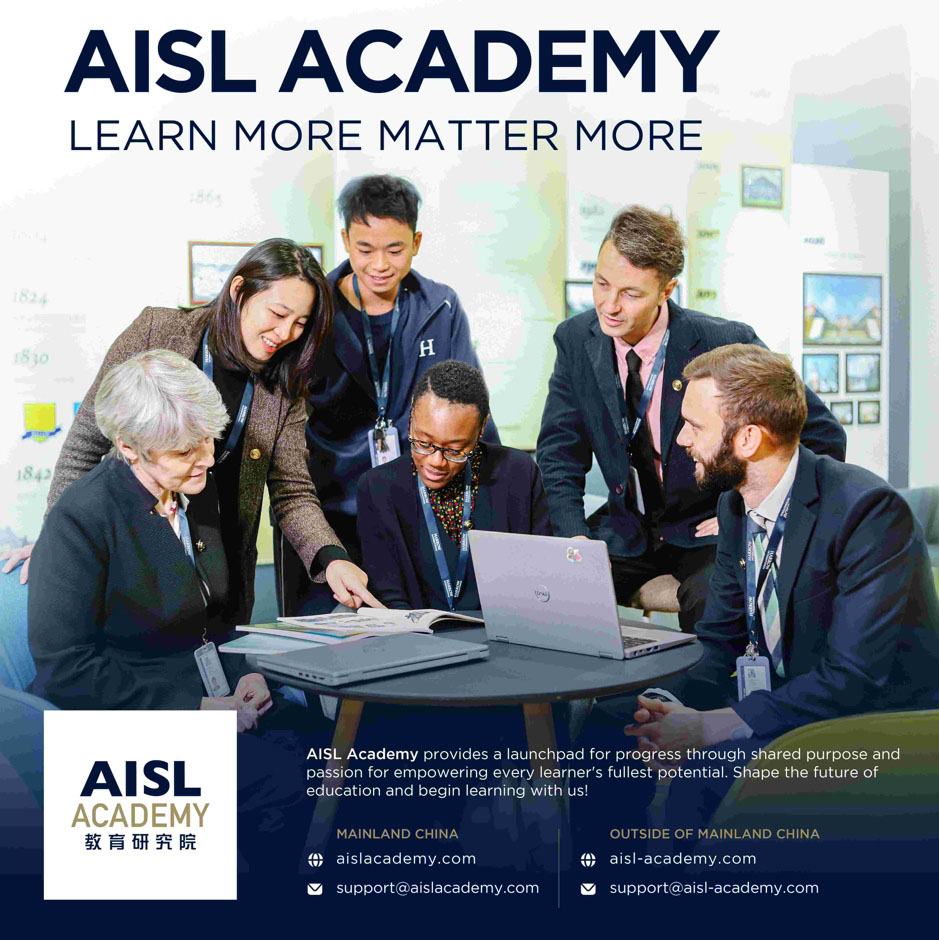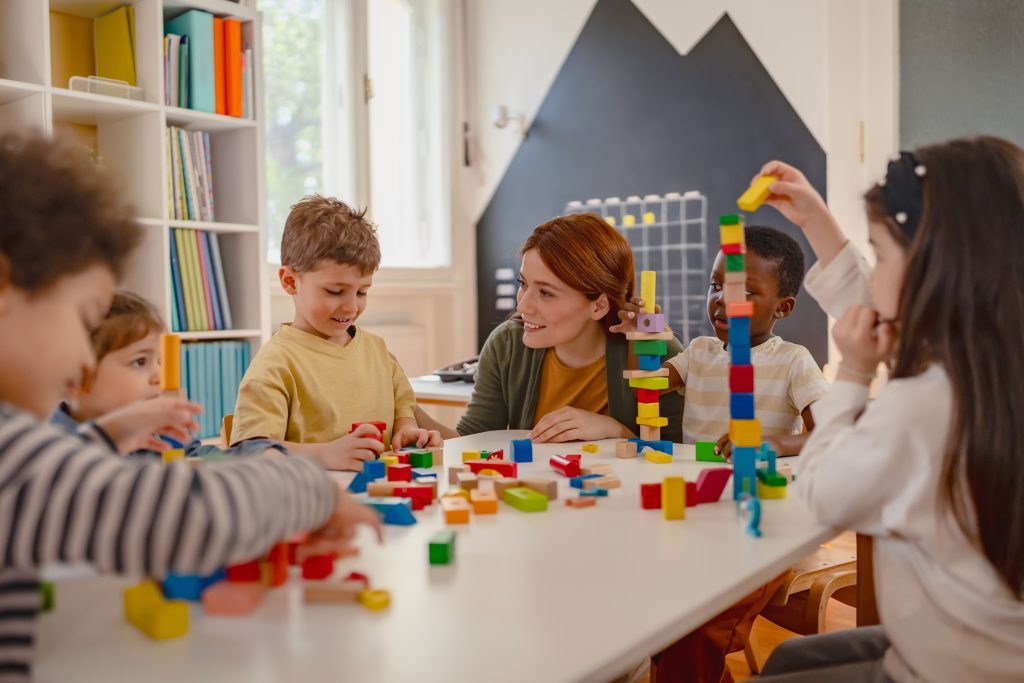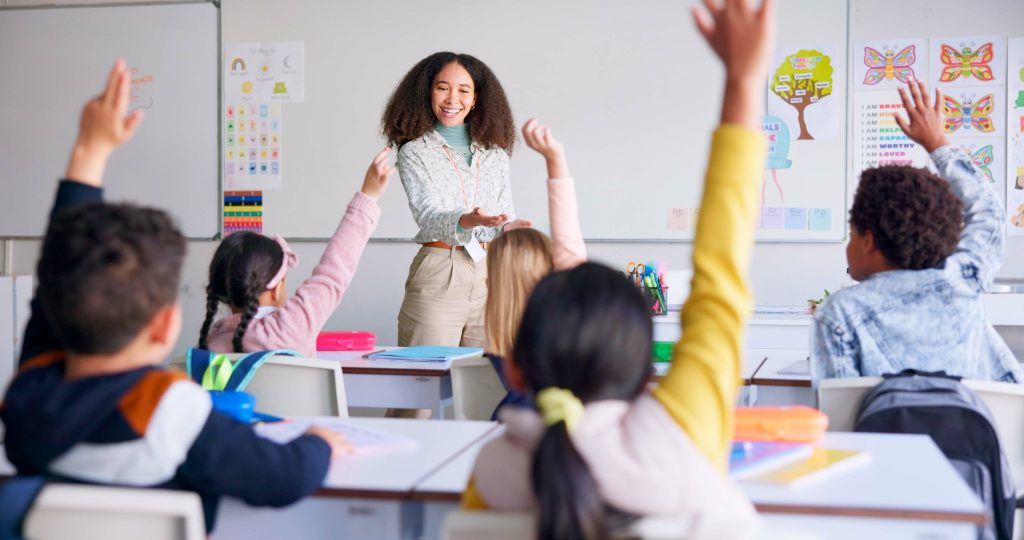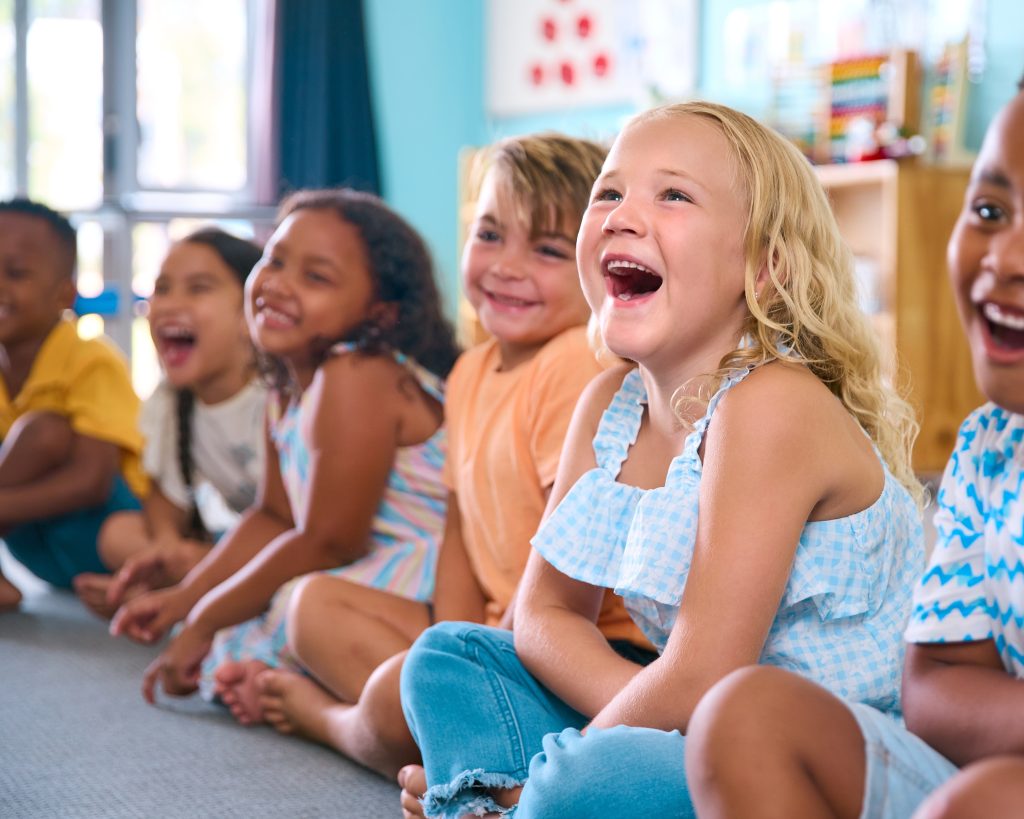Toys that do too much don’t allow a child to use their own imagination.
Dolls and stuffed animals that talk or sing or direct children to press certain buttons essentially take charge of the play situation when the child should be the one directing the action. “When a toy is too specific, it’s limiting and it denies the child the ability to use her imagination,” says Panaccione. “The best toys are often the simplest ones – like blocks – because they allow children to be creative and spontaneous.”
Set limits on digital toys and video games
We live in a digital age, and any parent who thinks they can keep their child – even a toddler – away from computers and the like forever is kidding themselves. But for young kids, especially, it’s crucial to set limits. Research has suggested that electronic toys pose several possible dangers for children’s health and development, including hearing loss (from loud toys), weight gain (from being inactive while playing), and language and developmental delays. One recent study at Temple University showed that toys that don’t require a child to do anything but watch promote a passive learning style, which can interfere with learning to think independently.
Electronics can also affect a child’s attention span, says Linda Crowe, PhD, a professor in the Communication Sciences and Disorders Program at Kansas State University. “Toys that have flashing lights and constant changes and movement don’t require a child to pay attention to any one thing for very long. Kids who use these toys frequently can find it difficult to focus on something like a book or non-moving toy.”
According to the American Academy of Pediatrics, kids under age two shouldn’t watch TV or play computer games at all; kids over 2 should have their “screen time” limited to 1-2 hours per day.
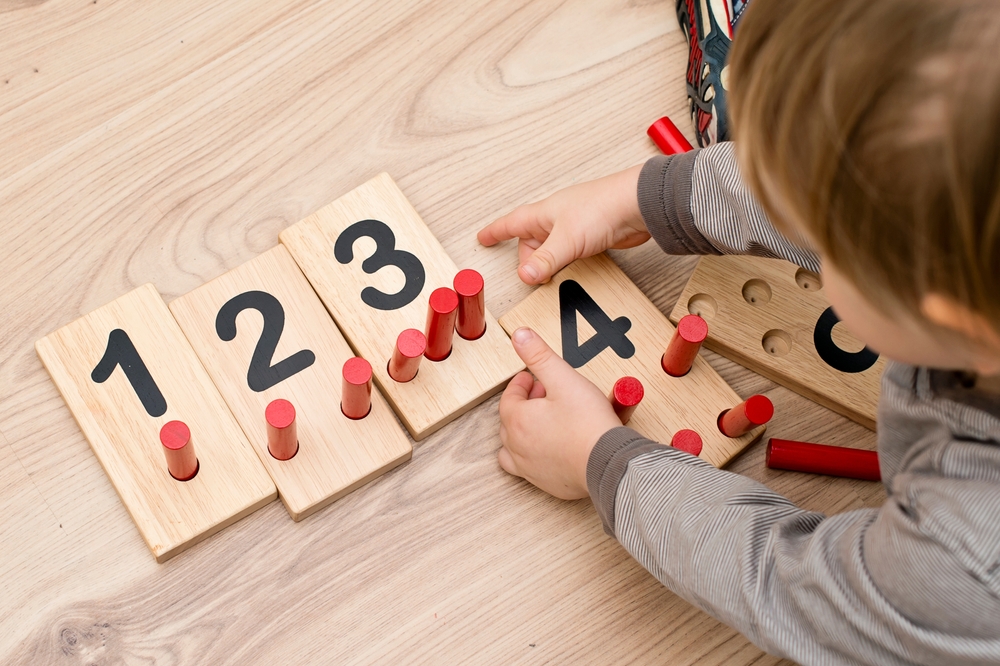
Here are some suggestions for the types of toys kids benefit from most as they go through different stages:
- 2-4 years: Kids learn a lot about socialization during the preschool years and continue to do a lot of pretend play. Miniature farm and house sets allow them to exercise their imagination, while large crayons, finger paints and Play-Doh help develop creativity. Children also make huge gains in both fine and gross motor skills throughout this period, so puzzles, large Legos, blocks and other construction toys are perfect age-appropriate toys. Noise is always an enticement, so young children love drums and hammer-and-peg toys at this age range.
- 3-4 years: Three-year-olds are dreamers and thinkers! Puzzles help them with problem solving and old clothes are perfect for dress up! Provide a variety of rubber stamps, paper and small boxes. Encourage your child to stamp the paper and boxes independently.
- 4-5 years: Pre-schoolers love playing with you and their friends. Imaginative play is still strong at this age, but so are board games and balls!
- School Age (6-12 years): School-aged children are developing more complex thinking skills and interests. Choose toys that challenge their problem-solving abilities, encourage creativity, and promote social interaction, such as construction sets, science kits, art supplies, and strategy board games. Outdoor toys, like bicycles, scooters, and sports equipment, also provide opportunities for active play and socialisation.
- Adolescence (12+ years): As children enter adolescence, their interests and hobbies become more specialised. Encourage their passions and interests with hobby kits, DIY projects, art supplies, and challenging puzzles or games. Electronic gadgets, such as coding kits or robotics sets, can also appeal to their tech-savvy interests while providing opportunities for learning and skill development.
By selecting toys that are developmentally appropriate for your child’s age and interests, you can provide them with engaging and enriching play experiences that support their growth and development. Whether it’s stimulating their senses as infants or fostering creativity and problem-solving skills as they grow, the right toys can have a profound impact on your child’s development and enjoyment of play.
Educational Toys and Play Products that may be of interest:
Get a special discount by quoting code AISLMALL during CHECKOUT.
Beleduc – Toys
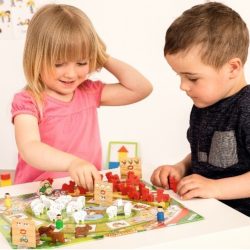
Beleduc is a family-run company with over 60 years of experience in creating educational toys for kindergarten and preschool children. Known for its commitment to quality, Beleduc designs toys that encourage learning through play. The company embraces a holistic approach, focusing on the development of various skills such as creativity, social interaction, math, language, and science. Beleduc’s mission is to make play a joyful and enriching experience, helping children explore and grow while learning key skills across a wide range of educational areas.
Potential City – Toys
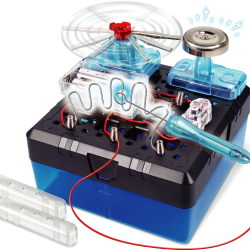
Potential City Company Limited is a leading wholesaler and retailer of international toy brands, exclusively representing 4D Master, Amazing Toys, and Astronaut Foods in Hong Kong and Macau with over 30 sales locations. Their 4D Vision™ collection offered by offers a hands-on exploration of animal anatomy through unique 4D puzzles, enhancing knowledge, dexterity, and mental acuity. Each puzzle includes an illustrated assembly guide, detailed descriptions of anatomy, life cycles, eating habits, and fun Q&As to test your understanding.
Toys Renting Plans Subscription
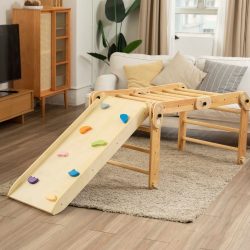
Happy Baton offers a sustainable, cost-effective solution for parents by allowing them to borrow toy boxes and play equipment every four weeks. This encourages smarter, greener play, supporting children’s creativity, social skills, and cognitive development without the clutter or cost of owning toys.
Turtle Learn
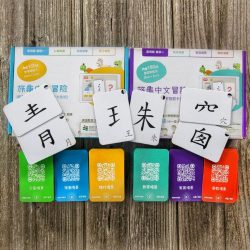
Touring Turtle: A Chinese Adventure is an interactive card game for iPad developed by Turtle Learn, designed to help learners master over 350 Chinese characters and vocabulary. Simply download the app and start playing by placing cards on the screen. Players can practice forming Chinese puzzles, learn Mandarin and Cantonese pronunciation, and follow stroke order. The vocabulary is based on the “Hong Kong Chinese Lexical Lists for Primary Learning,” making it ideal for grade 1 to grade 3 students. Each card features Montessori tactile printing for a hands-on learning experience. The game is available in both traditional and simplified Chinese, and parents can track their children’s progress with provided character lists.
